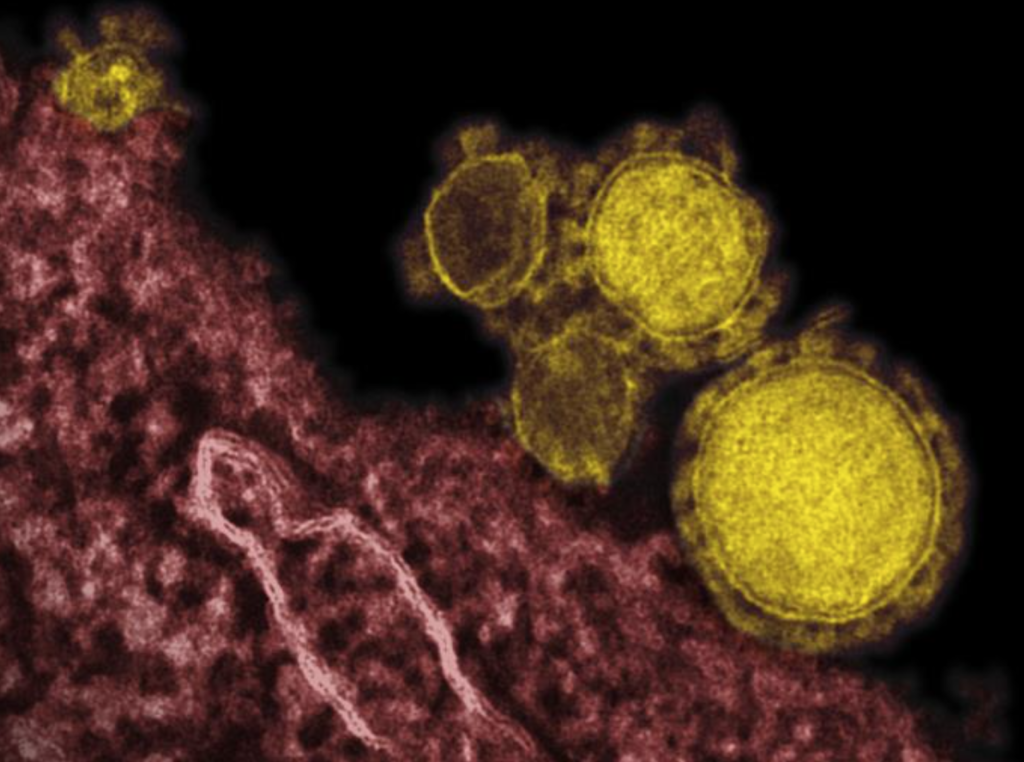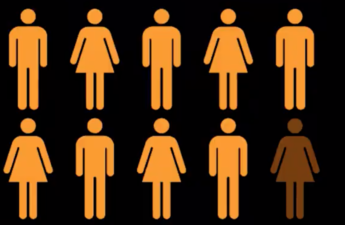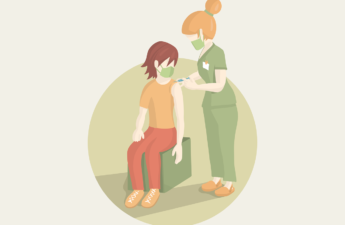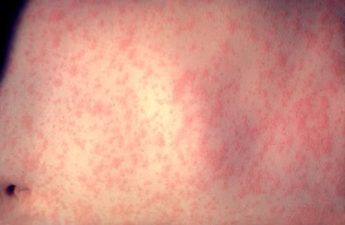
Why the current exposure risk is low from novel coronavirus
Meredith Li-Vollmer, Public Health – Seattle & King County
On January 21, Washington State Department of Health announced the first case of novel coronavirus (2019-nCoV) in the U.S. in a resident of Snohomish County who had visited Wuhan, China and traveled home through Sea-Tac International Airport.
Even though a local resident has been diagnosed with the novel coronavirus infection, the risk of infection from novel coronavirus is low to the general public, including for anyone who was at Sea-Tac International Airport at the same time as this individual.
Determining the level of risk for a newly emerging virus is complicated, so we asked our health officer, Dr. Jeff Duchin, to explain more about the situation.
Why is the current risk low for novel coronavirus, even for people who were at the airport at the same time as the person who has been diagnosed?
It’s not clear how easily the new coronavirus spreads from person-to-person. Other coronaviruses that infect humans spread from someone who is ill primarily by close person-to-person contact, most readily by respiratory droplets produced when the infected person coughs or sneezes. Spread can happen when droplets from the cough or sneeze of an infected person travel a short distance through the air and land on the mucous membranes of the mouth, nose, or eyes of persons who are nearby.
Coronaviruses also can spread through other close personal contact, such as touching or shaking hands, or touching an object or surface with the virus on it, then touching your mouth, nose, or eyes before washing your hands, and rarely, through fecal contamination .
Close contact can include caring for, living with, visiting, or sharing a room with someone who is sick with novel coronavirus. Close contact can also include having direct contact with infectious secretions (such as if a sick person coughs directly in your face).
It’s important to know that the person who has been diagnosed with novel coronavirus did not have symptoms while at Sea-Tac International Airport on January 15th. In other words, he was not sneezing or coughing and is therefore considered unlikely to pose a risk to others in that setting. There is no need to seek medical evaluation for novel coronavirus just because you were at Sea-Tac International Airport.
Did this person have any close contact with others after he became symptomatic?
The Snohomish resident who was diagnosed sought medical care shortly after symptoms developed. The healthcare system was then able to care for the patient using infection control measures to minimize exposure to healthcare workers and others.
Disease investigators from Washington State Department of Health, Snohomish Health District, and Public Health – Seattle & King County, in consultation with experts from the Centers for Disease Control & Prevention (CDC) have identified a small number of close contacts of this individual. They have been in contact with those individuals and are providing support, including checking in daily to detect if they develop symptoms that should be evaluated by a health care provider while avoiding exposing others.
If you have not been identified as a close contact of this individual, you are not considered to be at risk for novel coronavirus from this case.
Who should contact a healthcare provider about possible novel coronavirus infection?
If you have traveled from Wuhan, China in the 14 days before your illness onset and feel sick with fever, cough, or difficulty breathing, seek medical care promptly. Before you go to a doctor’s office or emergency room, call ahead and tell them about your recent travel and your symptoms. They will give you instructions about how to get care quickly while preventing exposure to others.
At this time you are not considered at risk of novel coronavirus infection and do not need to seek medical evaluation for the virus If:
- you have not had recent travel from the Wuhan region
- you have not been identified as a recent close contact of a confirmed novel coronavirus case or had recent close contact with someone who is being evaluated for novel coronavirus infection
- you are not ill – even if you have traveled to an area where there is an outbreak of novel coronavirus.
What else can people do to prevent novel coronavirus infection?
Currently, there are no vaccines available to protect you against 2019 novel coronavirus infection.
If you are traveling overseas, especially to China but also other destinations, follow the CDC’s guidance for travelers’ health: https://wwwnc.cdc.gov/travel
You can reduce your risk for getting and spreading many viral infections, including influenza, by taking simple steps, including:
- wash your hands often with soap and water for at least 20 seconds. Use an alcohol-based hand sanitizer if soap and water are not available.
- avoid touching your eyes, nose, or mouth with unwashed hands
- avoid contact with people who are sick
- stay home while you are sick and avoid close contact with others
- cover your mouth and nose with a tissue when you cough or sneeze, then throw the tissue in the trash and wash your hands
More information about novel coronavirus:
- Read our previous post : Questions and Answers about Novel Corona Virus in Washington
- Check for updated information as it becomes available from Public Health – Seattle & King County: kingcounty.gov/ncov
- Information from the Washington State Department of Health
- For situation and travel updates from the CDC: https://www.cdc.gov/coronavirus/2019-ncov/index.html


